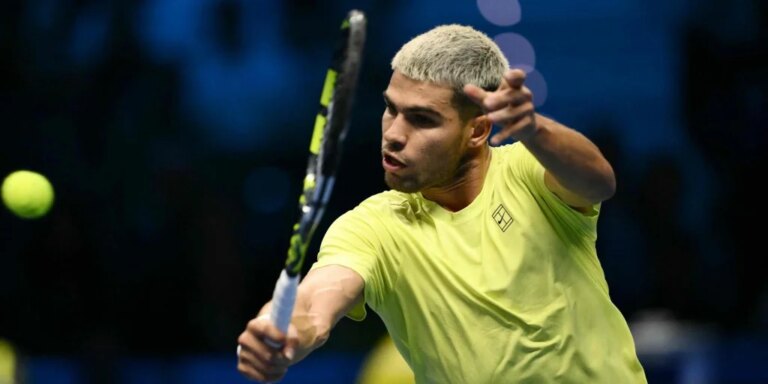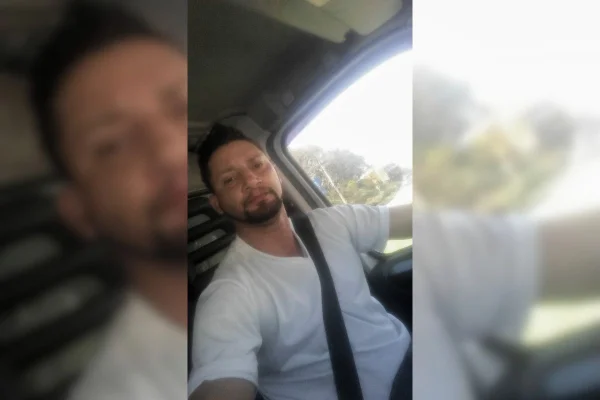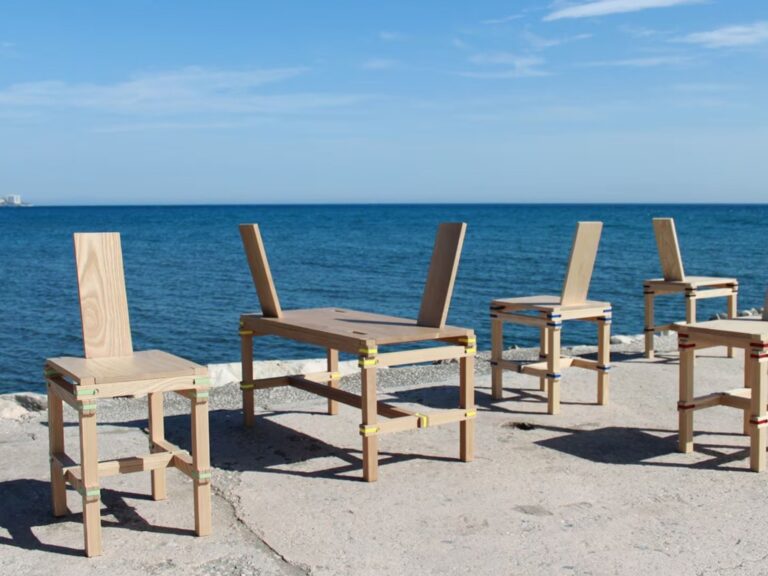US President Donald Trump said on Friday (14th) that he had already made a decision on possible military action against Venezuela, which he accuses of links to drug trafficking.
Republicans did not say what their choice would be, but said it could be announced soon. “I can’t say what the decision will be, but I have made up my mind,” he told reporters aboard the presidential plane, Air Force One.
Trump administration officials held three meetings at the White House this week to discuss options for a possible military operation in Venezuela, officials announced Friday, as the United States expanded its military presence in the Caribbean region.
President Trump ordered the dispatch of F-35 aircraft, warships and nuclear submarines to the region as part of a military buildup following two months of attacks on ships off the coast of Venezuela.
Earlier this week, the Gerald Ford Carrier Strike Group entered the Latin American region with more than 75 military aircraft and about 5,000 troops.
A meeting of the Trump administration’s National Security Council was held this week, according to four U.S. officials and one person familiar with the matter, who spoke on condition of anonymity.
The group advises the president and is usually chaired by Trump’s Homeland Security Adviser Stephen Miller.
One of the officials said a small group met on Wednesday. A larger meeting, attended by Vice President J.D. Vance, Miller, Secretary of Defense Pete Hegseth, and Chairman of the Joint Chiefs of Staff Dan Kaine, was scheduled for Thursday.
Trump attended a so-called Situation Room meeting on Thursday and was briefed on several options, officials said. The White House did not respond to a request for comment from Reuters.
President Trump also hinted at the possibility of a ground attack on Venezuela, although Reuters could not determine what options were presented. He has also said on another occasion that he does not seek change in the Venezuelan regime.
Meanwhile, dictator Nicolas Maduro, who has been in power since 2013, said Trump was trying to remove him.
In August, Washington doubled the reward to $50 million for information leading to Maduro’s arrest, alleging his ties to drug trafficking and organized crime.
So far, U.S. forces in the region have carried out operations against vessels believed to be used for drug trafficking. The Pentagon has determined that at least 20 such attacks have occurred in international waters in the Caribbean and Pacific Ocean, resulting in at least 80 deaths.
Democratic lawmakers and legal experts have questioned the legality of the actions, and some European allies have also criticized the bombings.
A Reuters investigation has revealed that the U.S. military is modernizing a long-neglected former Cold War naval base in the Caribbean, suggesting preparations for a long-term operation that could support possible action inside Venezuela.
Caracas has already mobilized weapons, including decades-old Russian equipment, and plans to organize a guerrilla-style resistance or cause chaos in the event of a U.S. air or ground attack.
The idea of military action inside Latin America is unpopular with American voters. A Reuters/Ipsos poll released on Friday found that only 35% of respondents said they supported using military force in Venezuela to reduce the flow of drugs into the United States without permission from the Venezuelan regime.
Tensions between the United States and Venezuela’s neighbor Colombia have also escalated in recent weeks, with President Trump and Colombian President Gustavo Petro exchanging accusations.
President Trump called Petro a “leader of drug trafficking” and imposed sanctions on him. Colombia’s leftist president has now accused the United States of committing murder in the attack.



